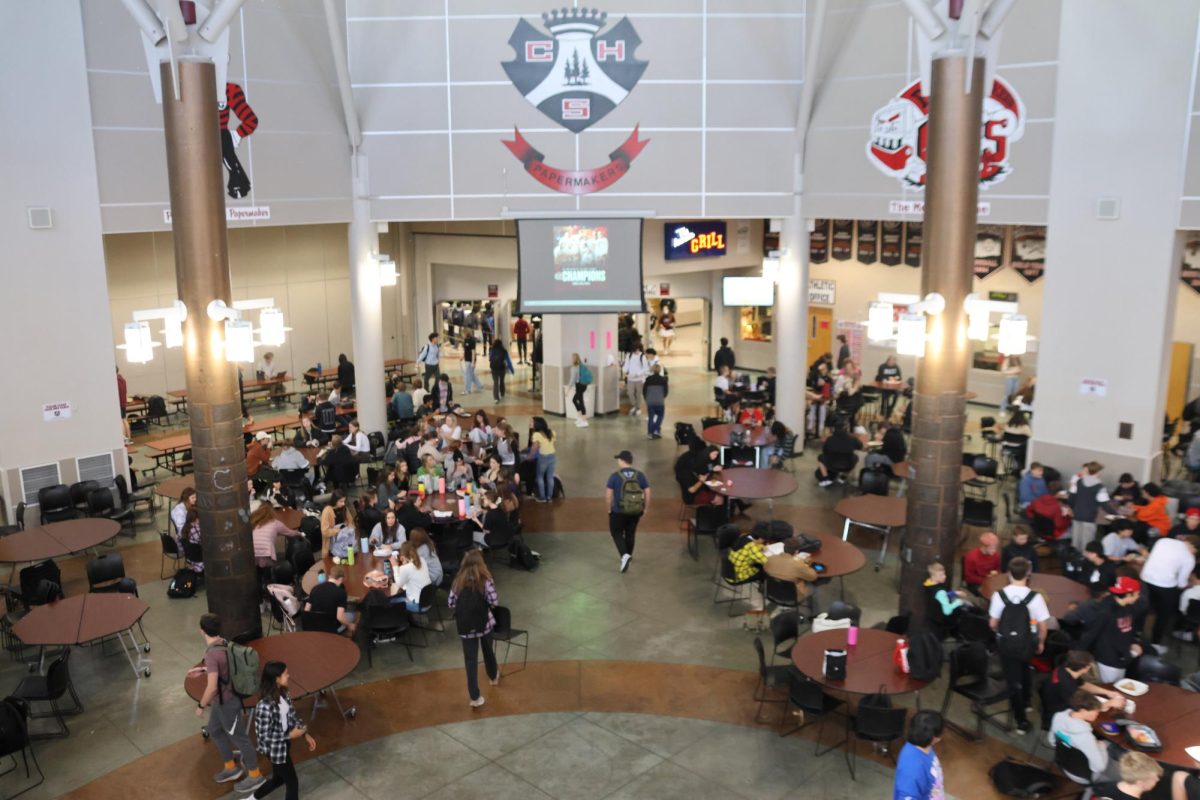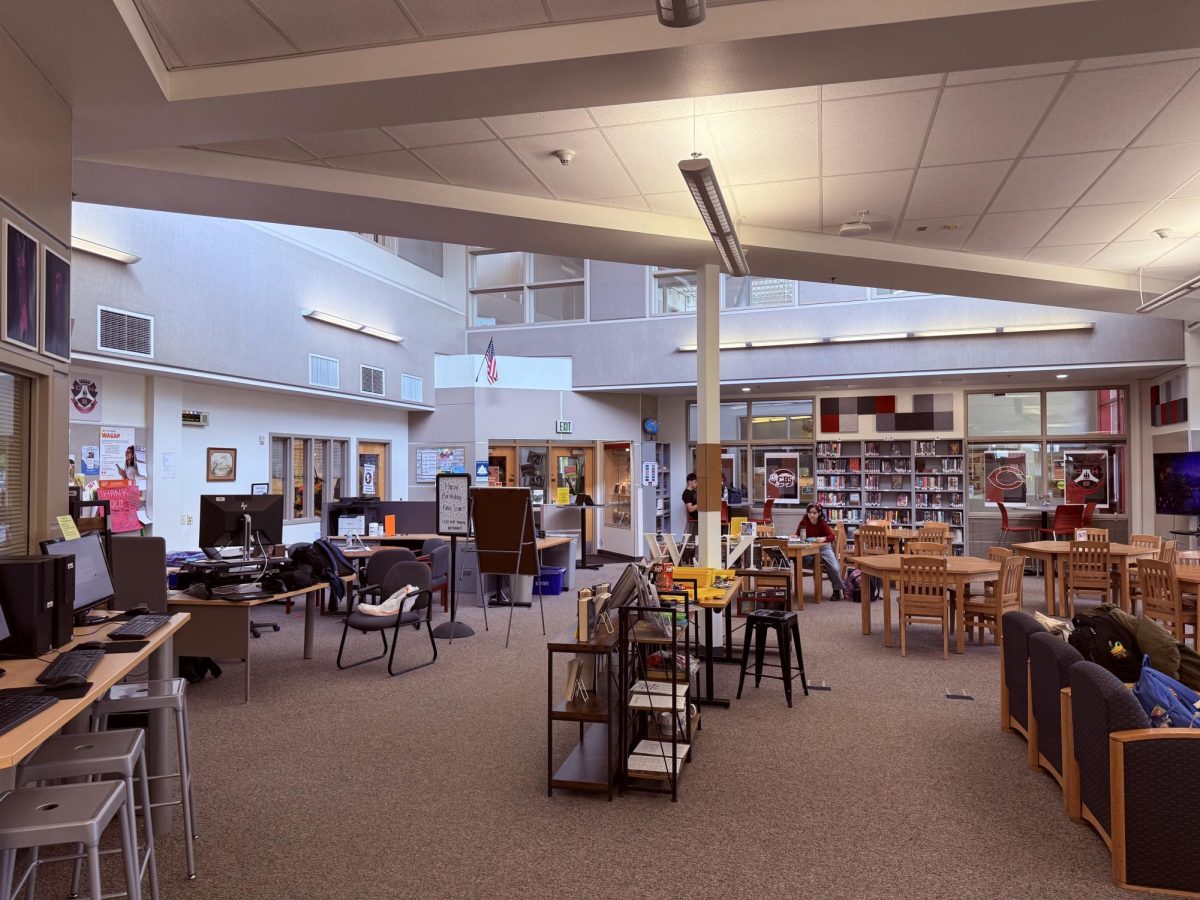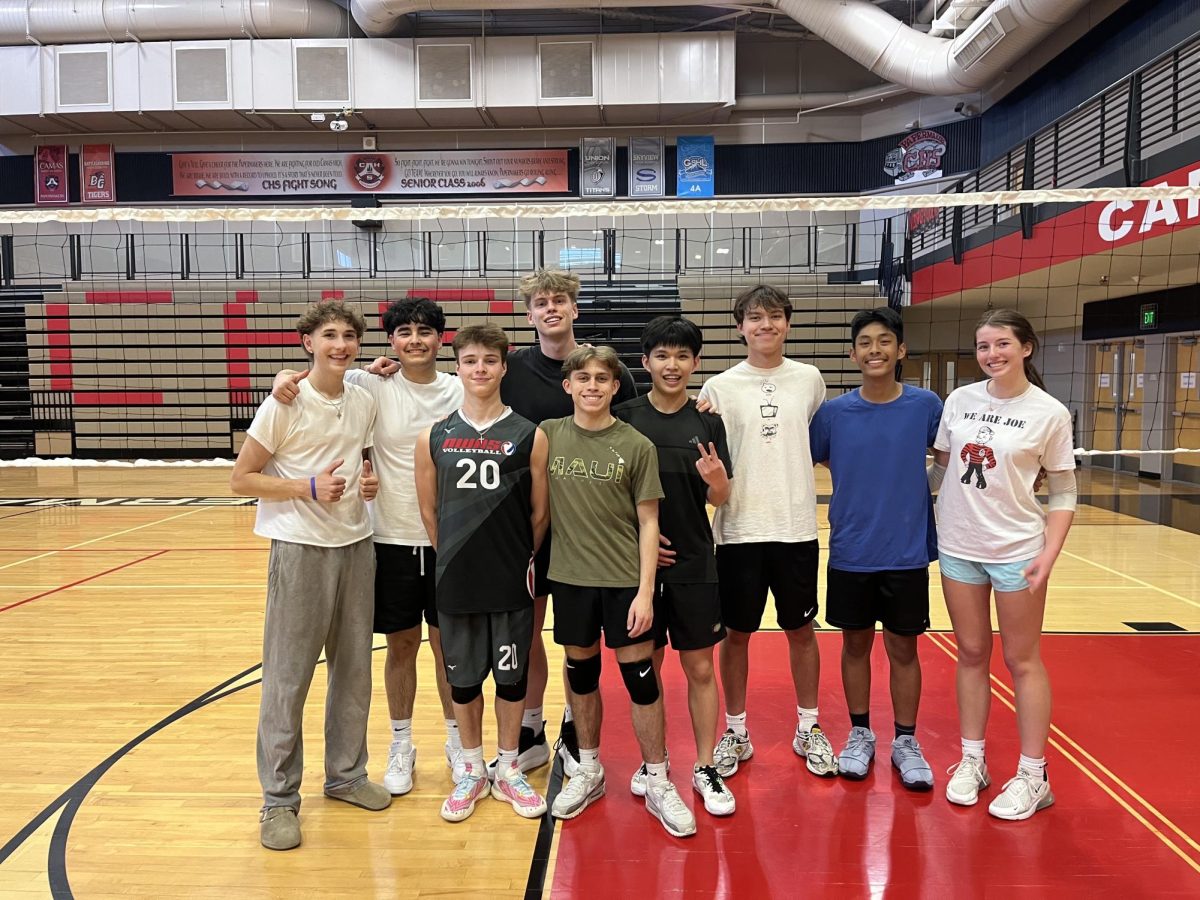Advanced Placement (AP) teachers spend the majority of the school year preparing students for the AP exams. But after the exams, students still attend over another month of school. Students don’t always know what their classes hold after the exam. While some AP classes wind down the intensity for the end of the year, other classes keep up the intensity through the final day of school.
Sam Greene, an AP World History teacher, chooses to let his classes relax after the AP exam. He believes that fun activities between the exam and the end of the year can allow students to relax while still learning and keeping up their skills.
“Doing low-stakes, fun, and rewarding stuff is a great way to end the year on a high note for students and staff,” Greene said.
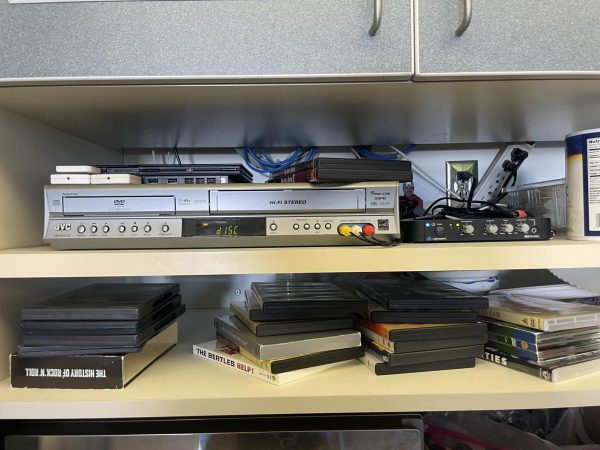
After the exam, he often has his classes watch movies that connects to AP World History themes in some way, and then has his students form book groups and read their way to the last day.
“I really enjoy the book groups,” sophomore Rafa Lavagnino, a student in Greene’s first period AP World class said. “They feel like a good way to wind down and end the year well.”
Other teachers choose to take a different approach to the end of the year.
“I don’t think I push them, but I also wouldn’t say I let them relax,” AP Biology teacher Brianna Abraham said. “I always have three projects we complete after the AP exam, although what those projects are might change year to year. We always dissect a pig, create a review game, or stop-motion video, or try out a new lab and end with researching something of personal interest related to biology and presenting on it to the class.”
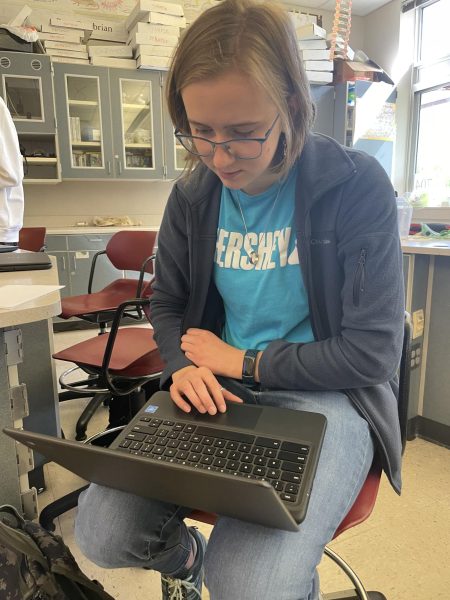
Behind the different endings to the year is a difference in philosophy, both of which have the students and their education in mind. According to Greene, the “focused, chill approach” works well after the AP exams.
“Meaningful activities with little pressure leading to good outcomes if done authentically,” Green said.
Abraham, believes the opposite.
“I think it’s important to engage students in learning and keep them curious—whether it’s before or after the test. There’s always more to learn, and I want students to understand that just because a test is over doesn’t mean your learning is, too,” Abraham said.
“Both types of learning work well for me after the exam,” Lavagnino, who is enrolled in both Greene and Abraham’s classes said. “It’s nice to have a combination of the two across my classes. It makes the end of the year feel really balanced, which is something everyone wants.”


































